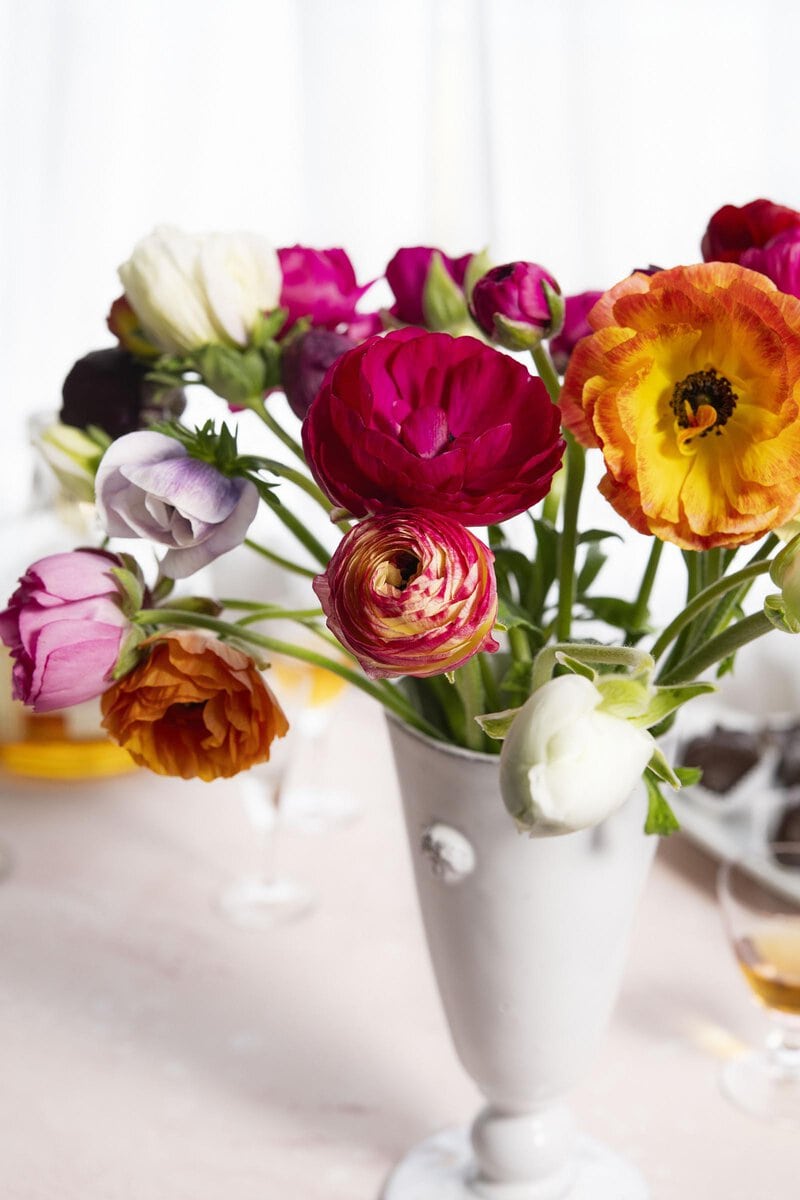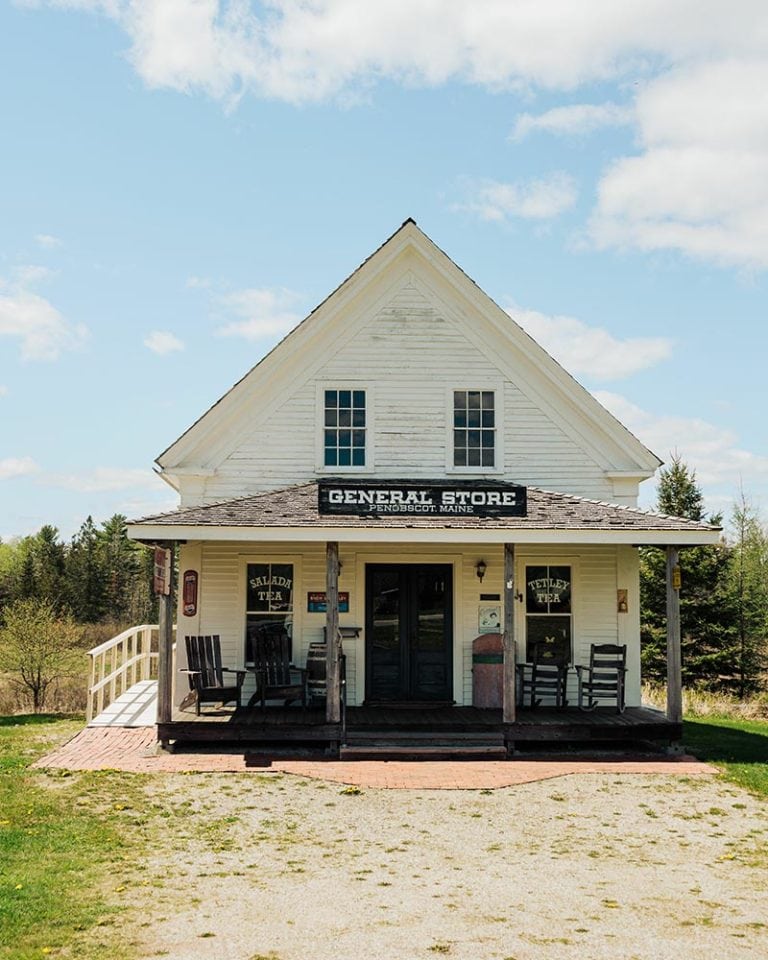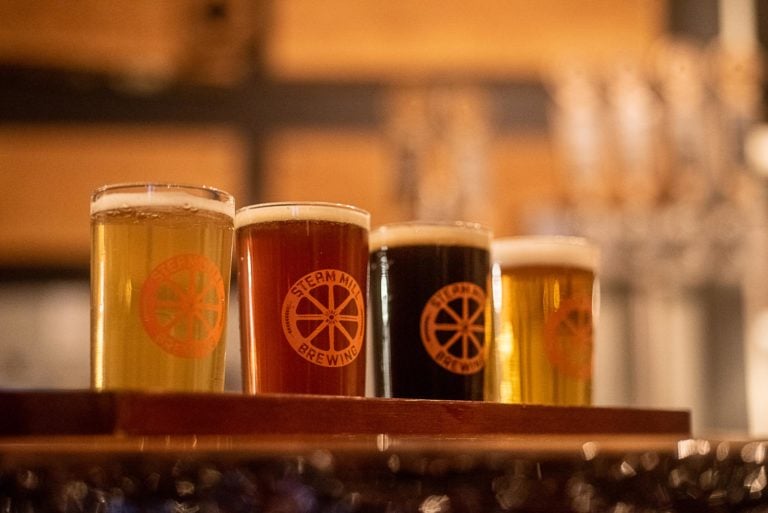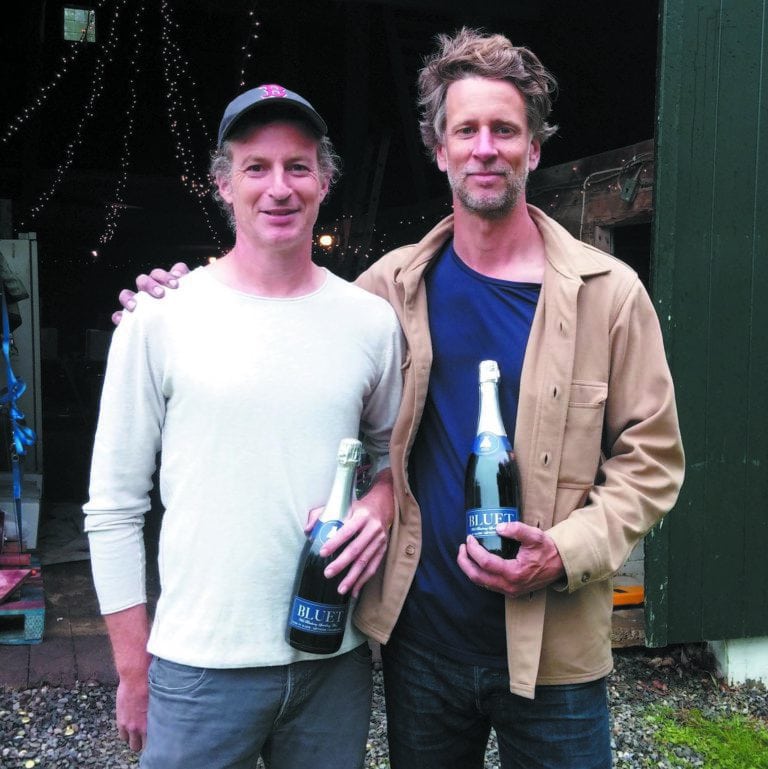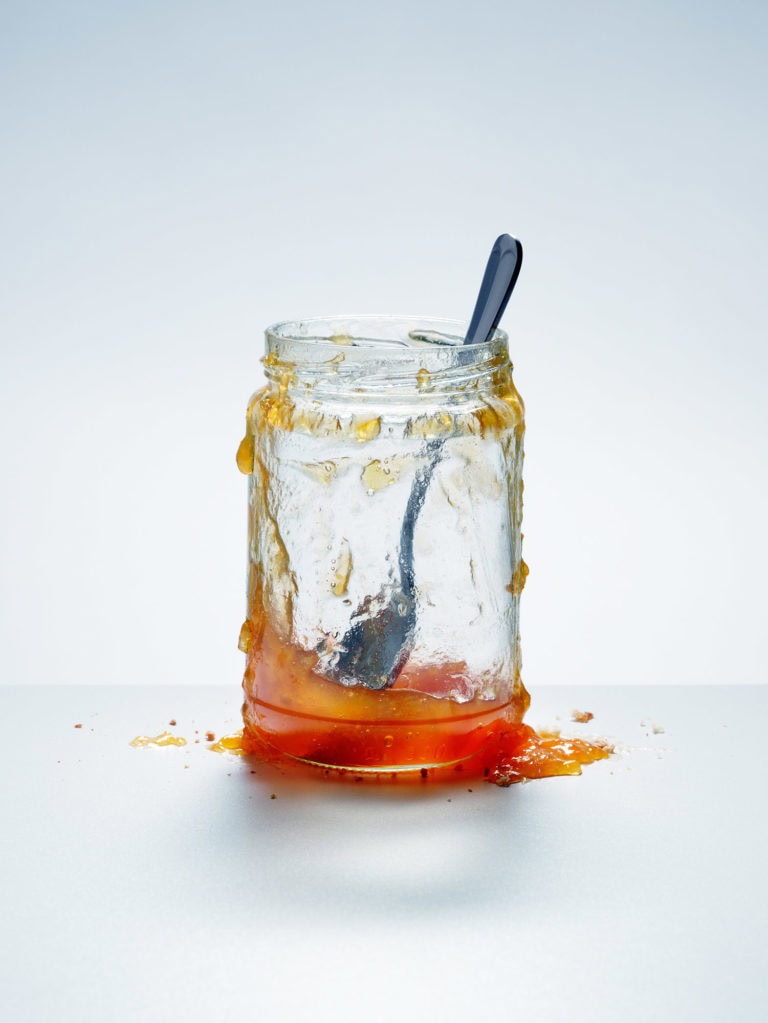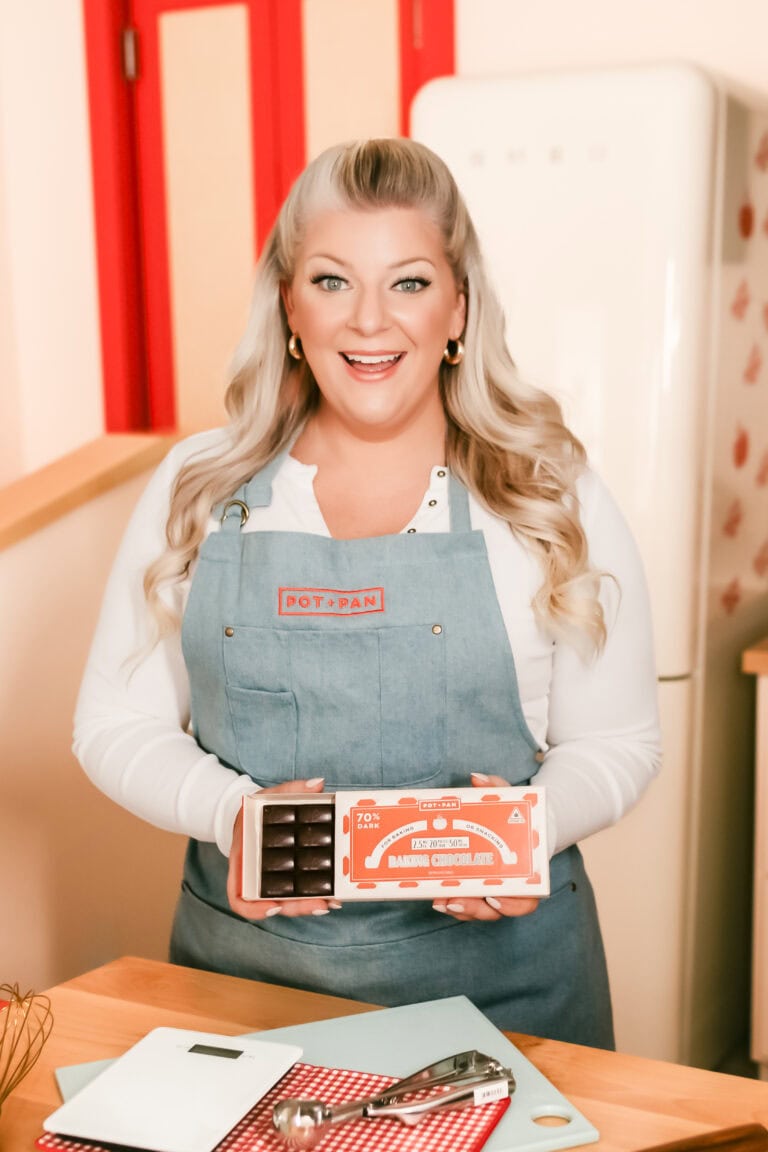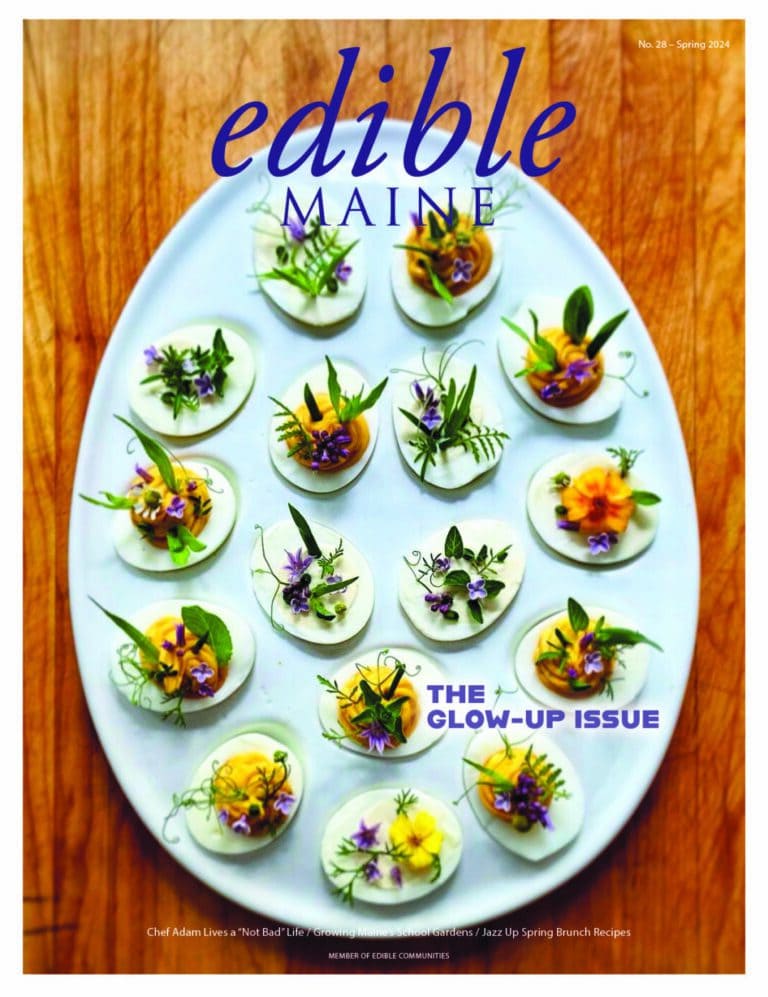Four-year-old Merritt Ravenscroft has delivered flowers for as long as he can remember. When he was a bit older than 1, his mom Courtney Mongell recounts, the typically cheerful toddler seemed sad to be giving away the tulips and daffodils, lupines and peonies, dahlias and zinnias his parents grew in beds, fields, and greenhouses on Mare Brook Farm in Brunswick. When you buy into the farm’s #MaineBlooms community-supported agriculture (CSA) share, you nominate a nonprofit, small business, first responder, medical professional, or teacher to receive smaller, companion bouquets.
“When he began to see and feel for himself the joy our flowers brought people, deliveries became his favorite part of our business,” says Mongell.
Garden designer Lyndsay Stretch believes flowers change humans’ mood for the better. She grows 15,000 flowering plants on an acre of land in Windham. As a designer, Stretch lays the groundwork for flowers, but she doesn’t get to see the effect they have on people visiting the gardens. “I fell in love with the idea of growing flowers and having people come to the farm and walk through them so I could witness what blooms do to them,” says Stretch. In addition to a standard flower CSA, her business, Petals Farm and Garden, offers a pick-your-own CSA where for $100 shareholders come five times between June and September to pick a quart container full.
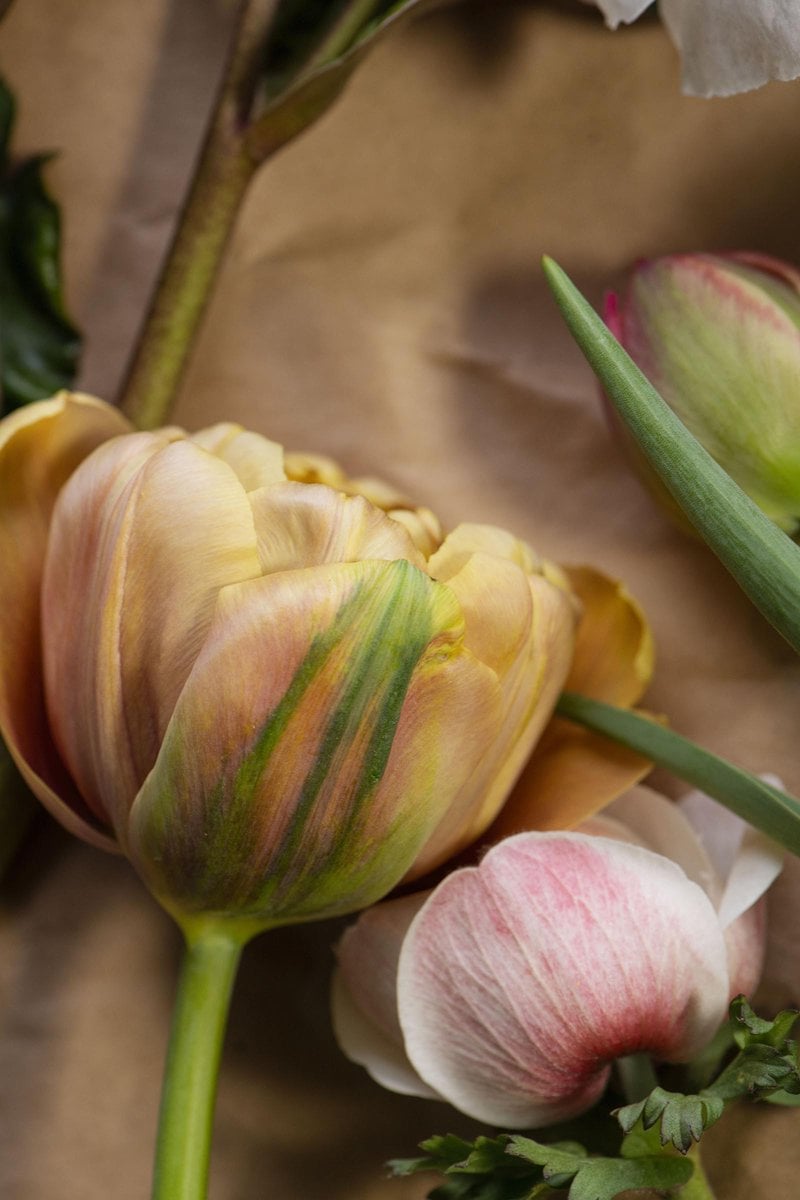
The market for cut flowers grew during the pandemic as people clamored to brighten the spaces to which they had become confined. The market for locally grown ones blossomed as supply chain issues throttled imports from the Netherlands, Columbia, and Ecuador. “The reasons for buying local food apply when buying local flowers,” says Sarah Wiederkehr of Winter Hill Farm in Freeport. Her family raises Berkshire pigs and Randall cows, makes cheese, and offers a floral CSA. Local flowers carry less of a carbon footprint since they don’t have to travel on refrigerated boats or planes. They contribute to regional biodiversity and support local pollinators. Plus, money spent on them supports small businesses and the agricultural economy.
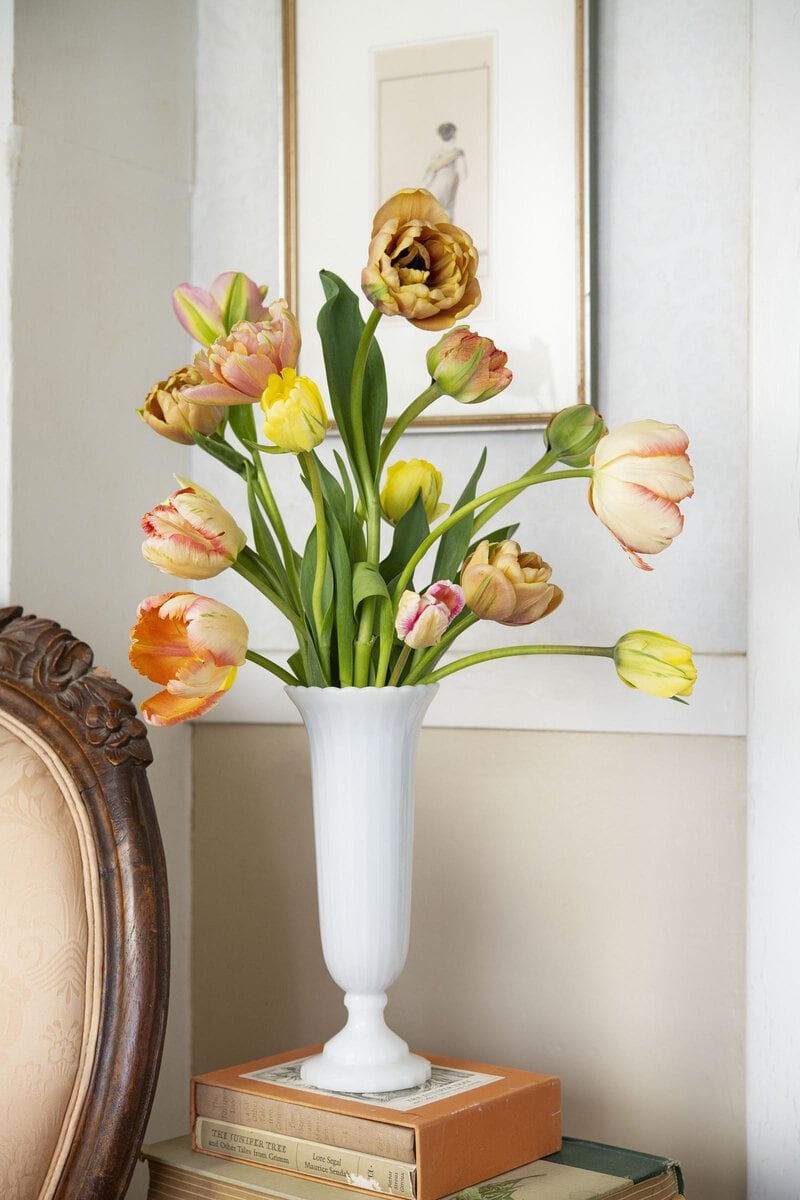
Rosemont Market and Bakery, longtime champion of local products throughout its eight stores in the Portland area, formed a floral department eight years ago. In 2021, they sold over 13,000 bouquets. “The numbers are growing every year,” says Holly Martzial, Rosemont’s director of marketing. From May to September, 100% of flowers sold in Rosemont markets are sourced from local farms like Snell Family Farm in Buxton, Fresh Pickins Farm in Cape Elizabeth, and Broadturn Farm in Scarborough. “They are usually harvested the morning they arrive at our production facility, are so fresh and fragrant, and have a nice, long shelf life,” says Martzial.
Local flower sales are not tracked in Maine. Anecdotally, though, the six farmers interviewed say sales are way up. All are sowing more seeds, germinating plans for season-extending infrastructure, pruning business practices, and testing new crops and foraged products to help keep up with demand.
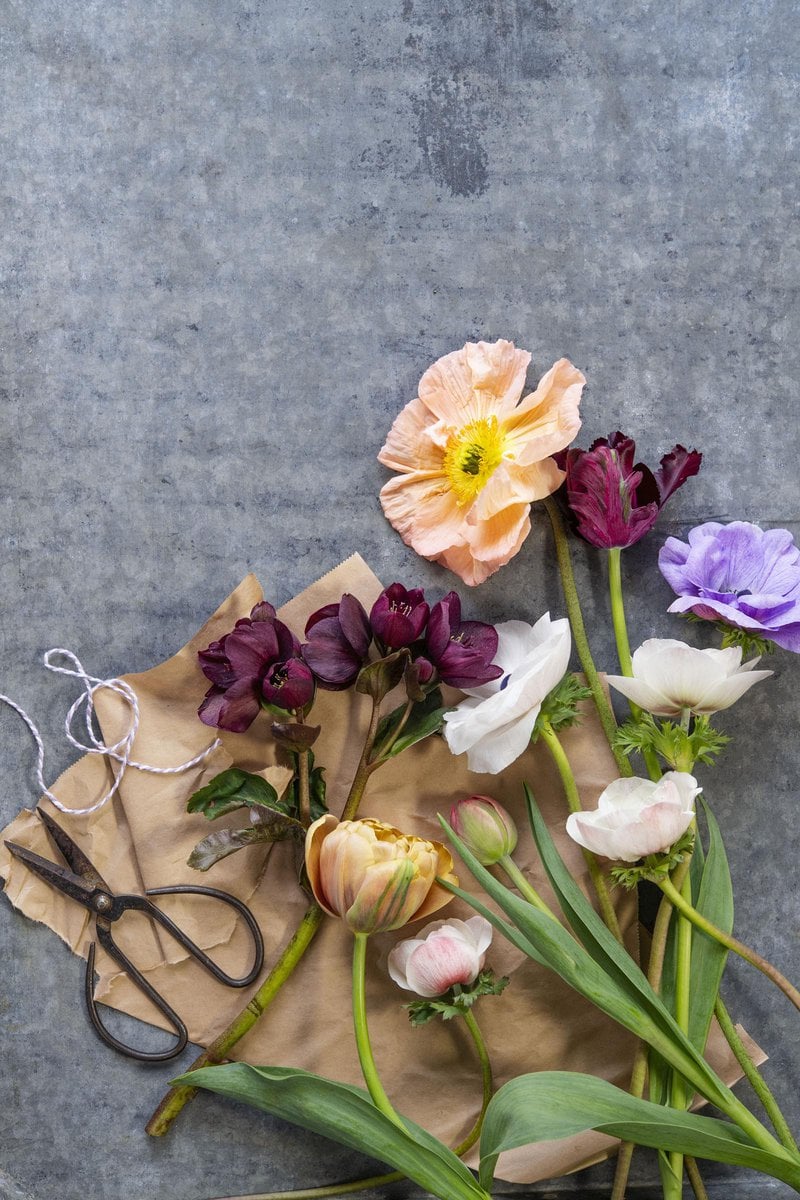
Right-priced picks
Joy is a tenet of Dandy Ram Farm in Monroe. Bo Dennis grows fun and diverse flowers during Maine’s growing season and heads into the forest surrounding the farm to collect materials for holiday wreaths.
“The flowers bring joy, but so does knowing we’ve produced them within a sustainable and just relationship with the land and its people,”
says Dennis, who sells some of his crop on sliding scale and mutual aid models and redistributes 10% of profits to Black, Indigenous, and People of Color–led land sovereignty initiatives in Wabanaki territory.
But what is a just price for a bunch of local flowers? Well, that depends.
Stretch says her standard farmers market bouquet runs about $20. Those bouquets have a balance of one or two hard-to-produce blooms (like dahlias that cost between $3 and $15 per stem to produce) and flowers from plants that bloom several times a season (like zinnias and strawflowers). If customers want a higher ratio of hard-to-grow flowers, they can pay up to $50.
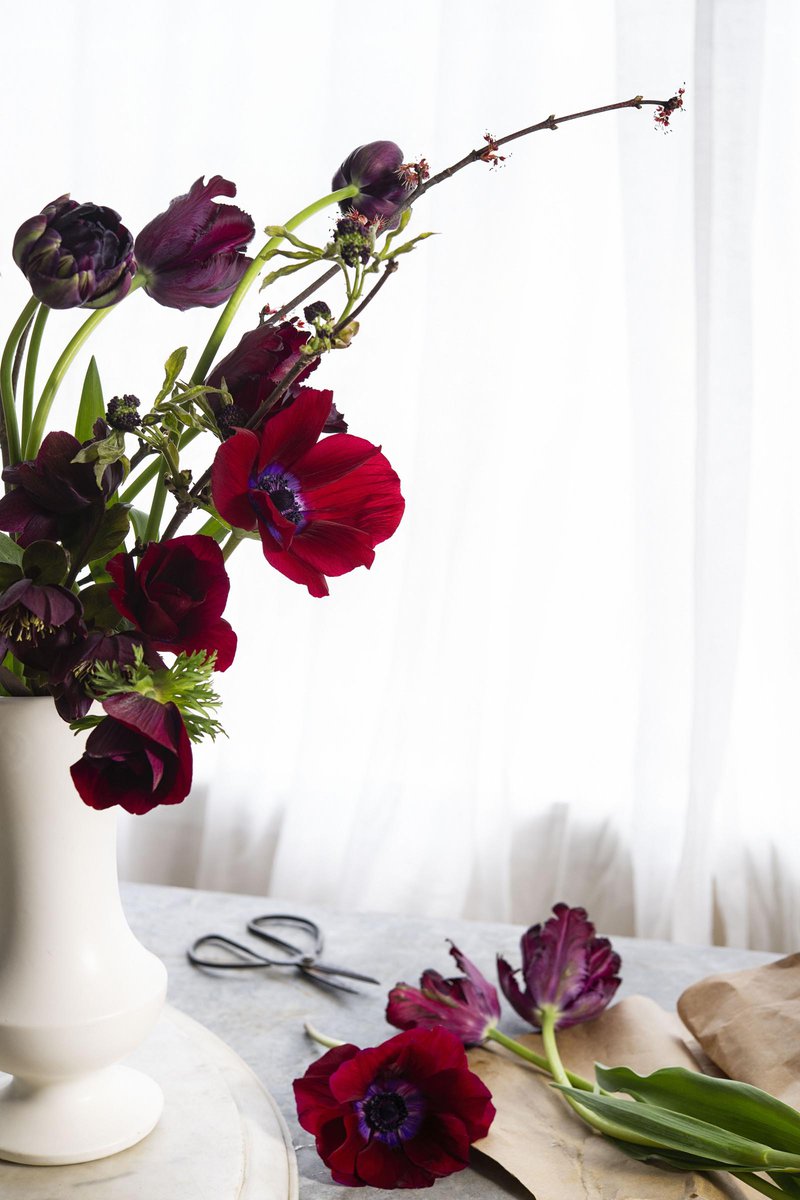
Mongell and husband Ryan Ravenscroft of Mare Brook Farm recently constructed a second greenhouse. They spent over $35,000 on permit and design fees, a well, and building materials. The couple says a fair price—one that will help cover these costs and earn them a living wage—is about $20 for a small bouquet and $35 for a large one. In addition to their CSA, Mare Brook Farm offers bouquets for purchase at several Midcoast locations, including Vessel & Vine and Wild Oats in Brunswick and The Vegetable Corner, Iris Eats and Lands End Gift Shop in Harpswell, and Five Island Farms in Georgetown.
“That’s a bit more expensive than grocery store flowers, but it’s less than ordering an arrangement from FDT and [having] it delivered through a local florist,” says Ryan Ravenscroft.
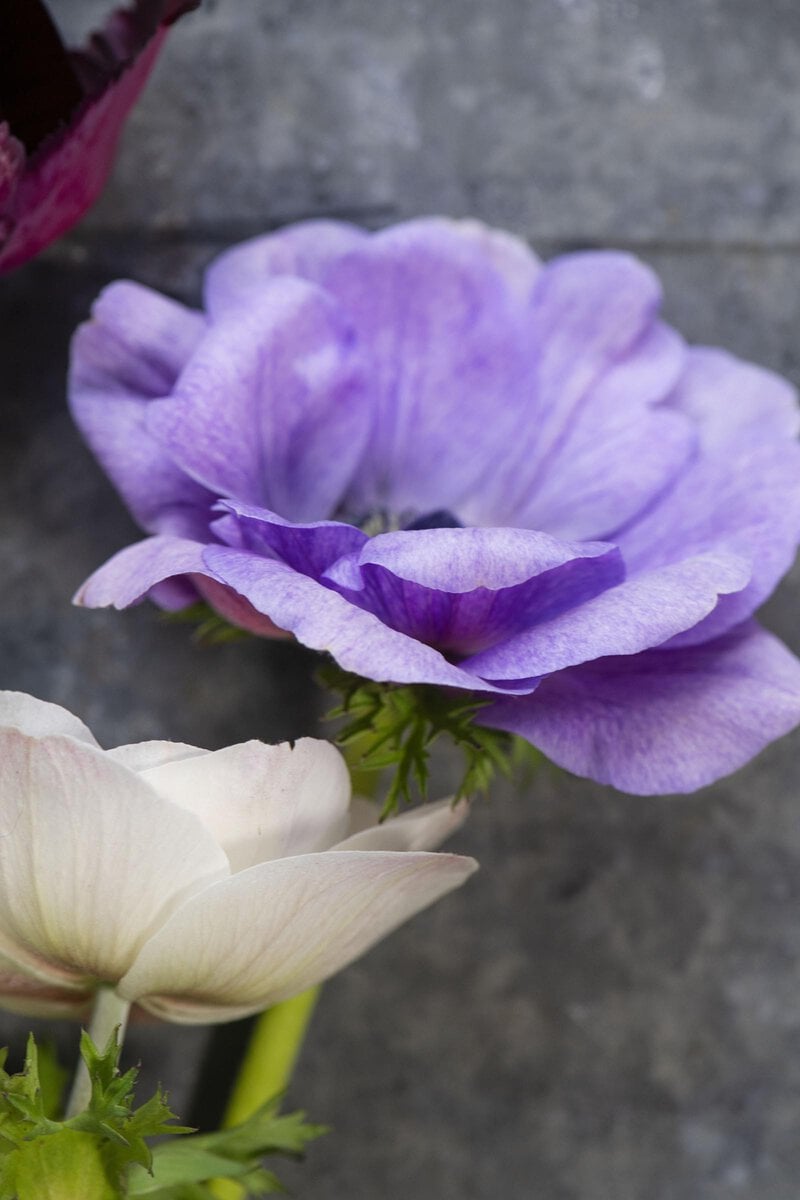
A cooperative effort is afoot to get more local flowers into Maine florist shops in Maine, explains Sarah Lutte of Lazy Acre Farm in Farmingdale. Lutte says the Maine Flower Collective will comprise an online ordering system through which growers input information about the flowers they have available. Florists then order the quantities of the flowers in the colors they need from multiple farmers. The collective, which Lutte expects to be operational in 2023, would own vans and hire drivers to collect the flowers from Maine farms and deliver them to Maine florists.
For the love of locally grown flowers, buy them early and often throughout the season. Doing so only adds to the Maine food economy.
